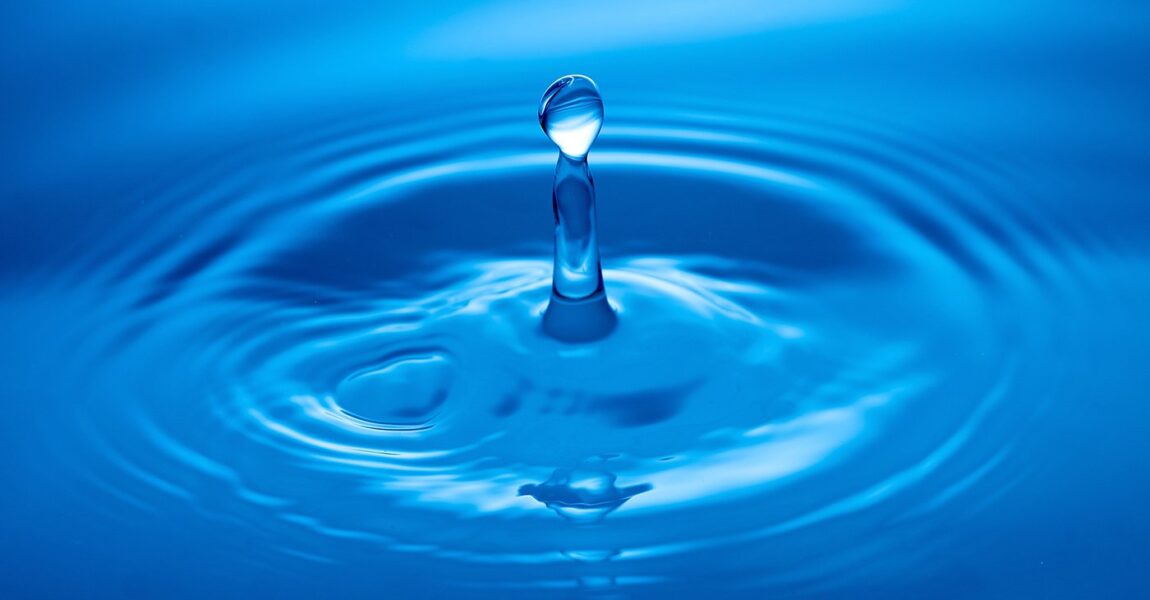
- Essential Hydration: Water is essential for life, constituting about 60% of the human body. It plays a vital role in various bodily functions, including digestion, circulation, temperature regulation, and waste removal.
- Daily Recommendation: While individual needs vary, health authorities typically recommend consuming about 8 glasses of water per day, which equals around 2 liters or half a gallon. This guideline helps maintain proper hydration levels for most people.
- Hydration Sources: Drinking water isn’t the only source of hydration. Beverages like herbal tea, milk, and fruit juices, as well as water-rich foods like fruits and vegetables, also contribute to overall hydration.
- Tailored Hydration: Factors such as age, weight, activity level, climate, and overall health influence individual hydration needs. Adjusting water intake based on these factors helps ensure adequate hydration.
- Dehydration Signs: Thirst is a clear indicator of dehydration, but other signs include dark-colored urine, dry mouth, fatigue, and headaches. Paying attention to these cues can help prevent dehydration.
- Balancing Electrolytes: Drinking too much water without replenishing electrolytes (such as sodium, potassium, and magnesium) can lead to a condition called hyponatremia. It’s essential to maintain a balance of fluids and electrolytes for optimal health.
- Environmental Impact: Conserving water is not only crucial for personal health but also for the health of the planet. Being mindful of water usage, reducing waste, and supporting sustainable water practices help preserve this precious resource for future generations.
Remember, staying hydrated is a simple yet powerful way to support overall health and well-being, so make drinking water a priority in your daily routine.
- April 12, 2024
- 675
- 0
- Water